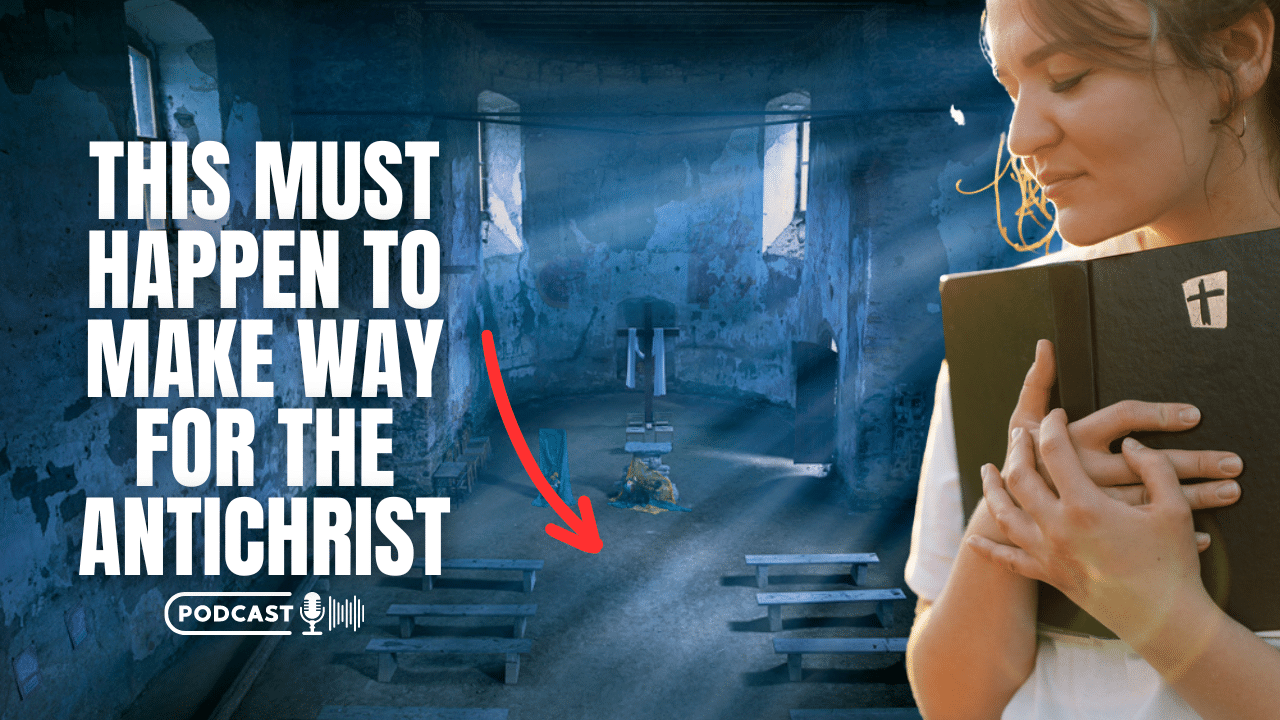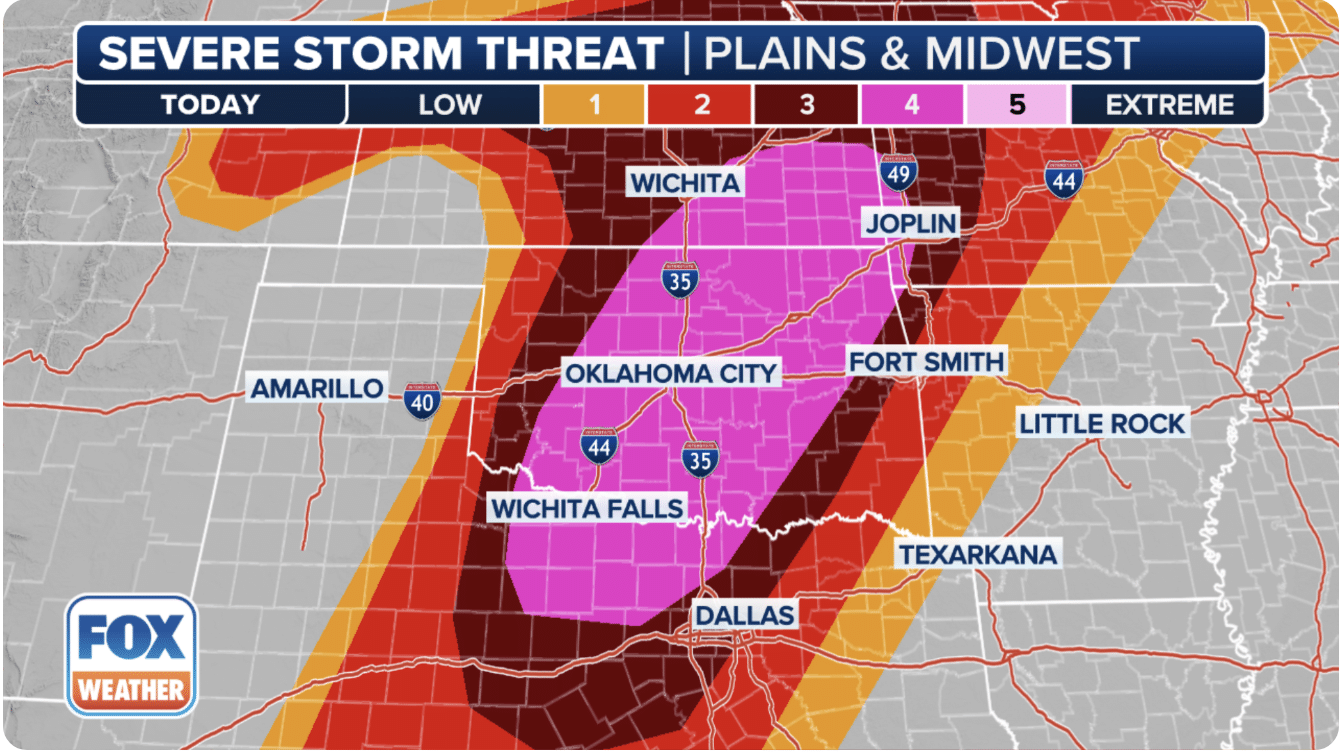(OPINION) Over the past half-century, as the number of Americans with no religious affiliation has gone from 5 percent to nearly 30 percent, the emphasis has often been on what they were leaving.
A report released Wednesday on the “nones” finds that they are diverse, young, left-leaning and may offer clues to the future of making meaning in a secularizing country.
The report, from the Pew Research Center, is one of the biggest yet on the nones, and it adds detail to this constituency that has been growing across a wide variety of demographic categories, including age, race, political leaning, and education level.
As the nation’s fastest-growing segment of religion (or nonreligion) in recent decades, the nones may reflect the front line of future spirituality.
Fifty-six percent say they believe in “some higher power” aside from the God of the Bible; 67 percent say they believe that humans have a soul or spirit, and majorities say they believe that nonhuman animals and parts of nature can have spiritual energies.
The Pew findings seem to debunk, or at least complicate, the idea that people who leave religion are hostile toward it. The overwhelming majority of nones say religion causes division and intolerance and encourages superstition and illogical thinking, but 58 percent also say religion helps society by giving people meaning and purpose.
leaders that secularization causes people to be less civically active. Pew asked about various civic metrics, including whether respondents had volunteered in the past year, had voted in recent midterm elections or follow public affairs closely.
The rates for nones are similar to those of people who have a religious affiliation but don’t attend religious services. In other words, the issue appears to be more about involvement in groups than religious labels or associations.‘Big Earth energy’: A new era of nature spirituality is here
Ryan Cragun, a sociologist at the University of Tampa who consulted with Pew on the report, said the data points to a new frontier of what might be called “meaning-making” research.
The report adds more detail to what this huge swath of Americans believe about spirituality, but it’s not clear whether they are simply slowly letting go of the supernatural, or something else, he told The Washington Post.
“I think it’s possible these people don’t believe in anything [supernatural], we just don’t have the language yet to describe what they do believe,” he said.
“When someone sees the stars and has an overwhelming, spiritual experience of awe, and they call it a ‘higher power,’ what does that actually mean? And that’s the next step in research. We don’t have answers yet. This report is showing where we need to do more research.”
Along with the Pew report, other research and books over the past couple of years have found that the nones are more of a bellwether or a canary in the coal mine — depending on the point of view — than a cohesive group coalescing around a new belief system.
Nones, the Pew study finds, are 17 percent atheist, 20 percent agnostic and 63 percent “nothing in particular.” Atheists and agnostics are very different by most metrics from the nothing-in-particulars, who tend to be less educated, more politically moderate and more negative about religion.
In 1972, the General Social Survey found that 5 percent of Americans considered themselves nones. In 2007, it was 16 percent. The number reached 30 percent in 2022 before dipping back to 28 percent last year.
Several popular books have come out in recent years that take a new crack at determining the future effect of the nones, including one by Ryan Burge, a political scientist at Eastern Illinois University who wrote “The Nones: Where They Came From, Who They Are, and Where They Are Going.”
“This is really about the question: How do we live in a pluralistic society? Thirty years ago, 90 percent of Americans were Christian; now it’s 60 percent. How do Christians understand the nones?
Are they your enemy? How much religious freedom do I get?” he said. “Religious people need to be able to talk about these questions. And how do nones feel about questions of religion? Can a woman wear a hijab in her driver’s license photo? Do they think religion plays a productive role?”


















